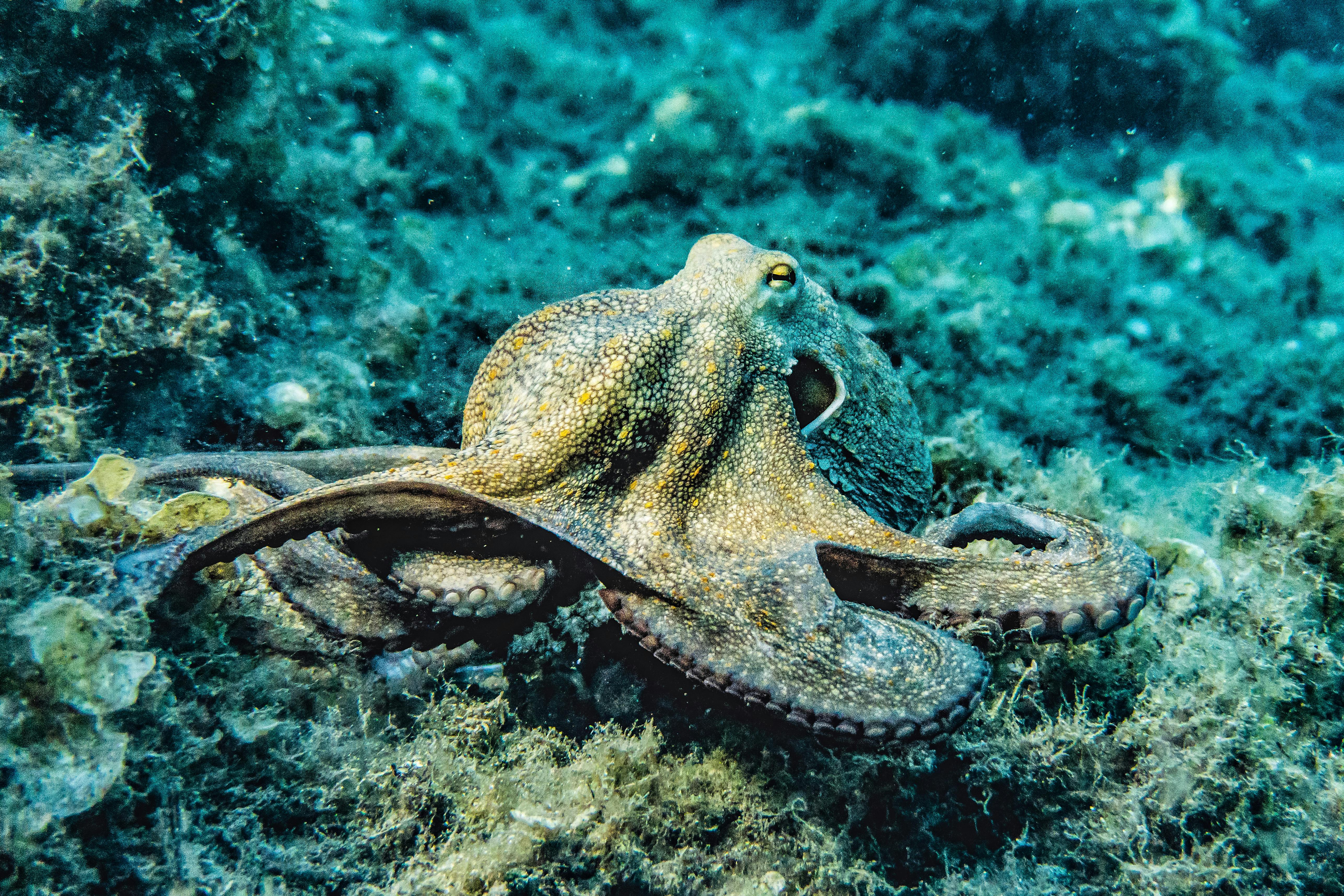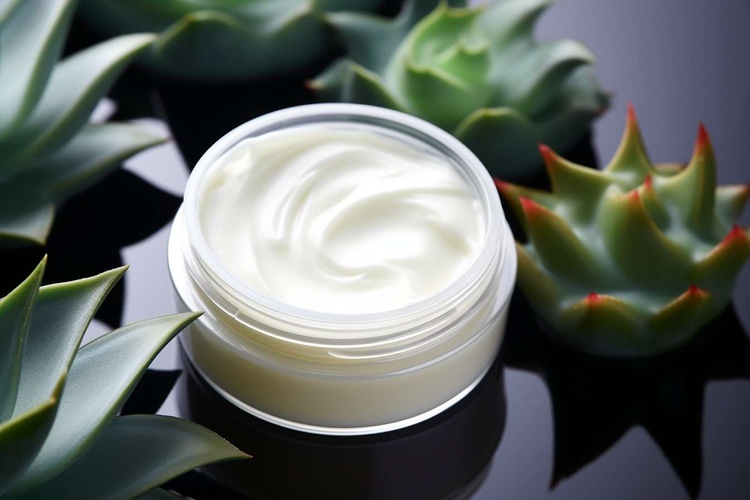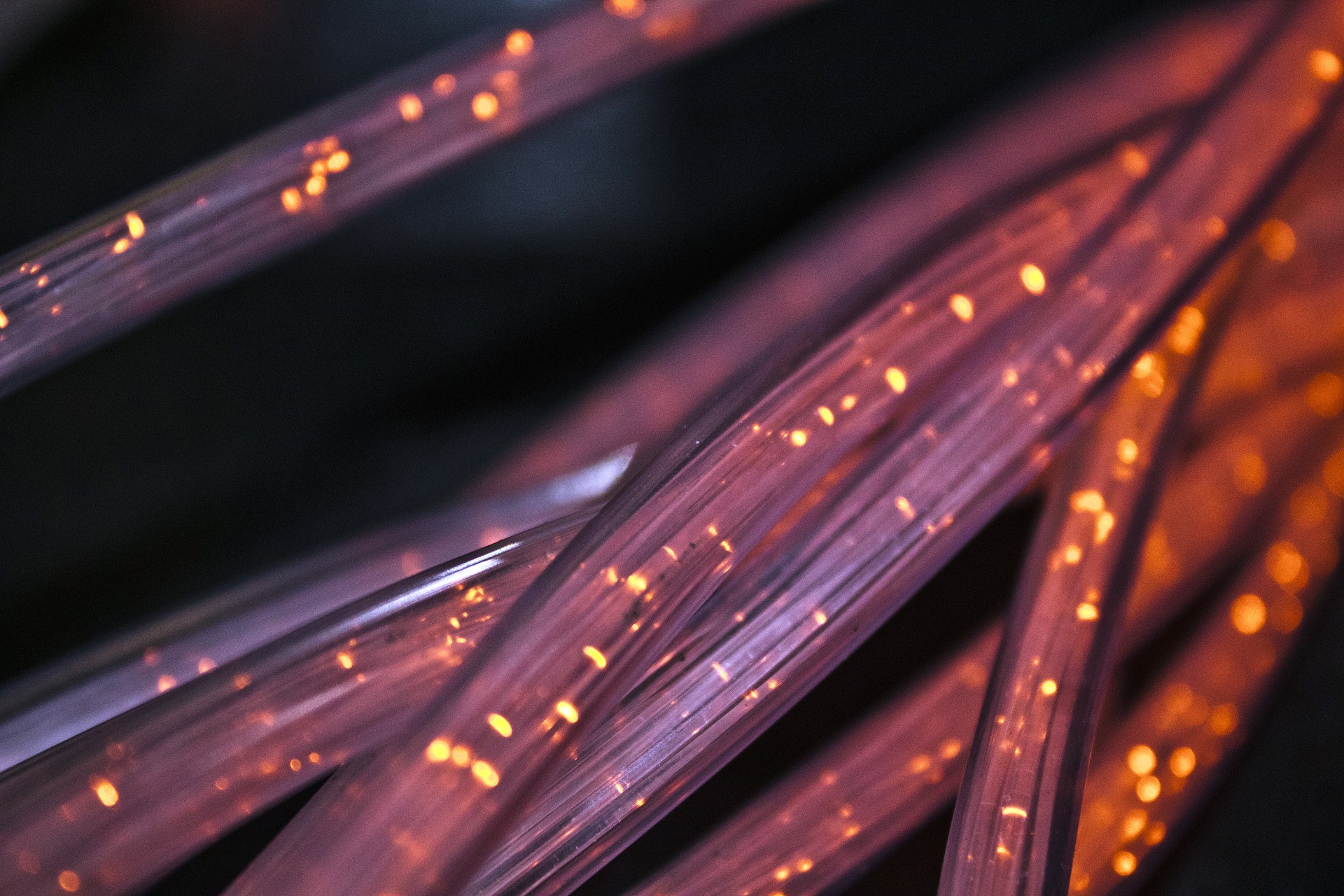Unveiling the Fascinating World of Octopuses as Pets
The world of pet ownership is vast and varied, with a myriad of creatures that can be welcomed into our homes. One such creature is the octopus, a fascinating and intelligent marine animal that has captured the interest of many. This article delves into the intriguing world of octopuses as pets, exploring their unique characteristics, care requirements, and the challenges they present.

A Brief History of Octopuses as Pets
Octopuses have been a part of human fascination for centuries, with their eight arms, bulbous heads, and ability to change color and texture. However, it wasn’t until the late 20th century that they began to be kept as pets. The trend started in Japan, where octopuses are a common part of the diet and culture. As aquarium technology advanced, it became possible to create suitable environments for these marine creatures at home. Today, octopuses are kept as pets by enthusiasts around the world, although they remain a niche choice due to their complex care requirements.
The Allure of the Octopus
Octopuses are renowned for their intelligence. Studies have shown that they can solve puzzles, escape from enclosures, and even use tools. This makes them a fascinating pet for those interested in animal behavior and cognition. Additionally, their ability to change color and texture for camouflage or communication provides a unique visual spectacle. However, these same traits also make octopuses a challenging pet. They require a secure tank to prevent escape, and their intelligence means they need mental stimulation to prevent boredom.
The Cost and Impact of Octopus Ownership
Owning an octopus is not a decision to be taken lightly. The initial setup for an octopus tank can range from $300 to $500, with ongoing costs for food, water quality management, and potential veterinary care. Furthermore, the market for pet octopuses has raised concerns about the impact on wild populations. Some species are being overharvested for the pet trade, leading to population declines. As such, prospective owners are encouraged to source their octopuses responsibly, ideally from captive-bred sources.
The Future of Octopuses as Pets
As our understanding of octopuses grows, so too does our ability to care for them in captivity. Advances in aquarium technology are making it easier to replicate the complex marine environments that octopuses inhabit. Furthermore, research into octopus behavior and cognition is helping owners provide better mental stimulation for their pets. However, the ethical and conservation issues surrounding octopus ownership remain a significant challenge. It is hoped that increased regulation and responsible sourcing can help mitigate these issues.
Conclusion
Octopuses are a captivating and challenging pet, offering a unique experience for dedicated owners. However, their complex care requirements and the ethical issues surrounding their ownership mean they are not a pet for everyone. Those considering an octopus as a pet should thoroughly research their needs and consider the impact of their decision on wild populations. With responsible ownership, octopuses can continue to captivate and intrigue us in the comfort of our homes.





